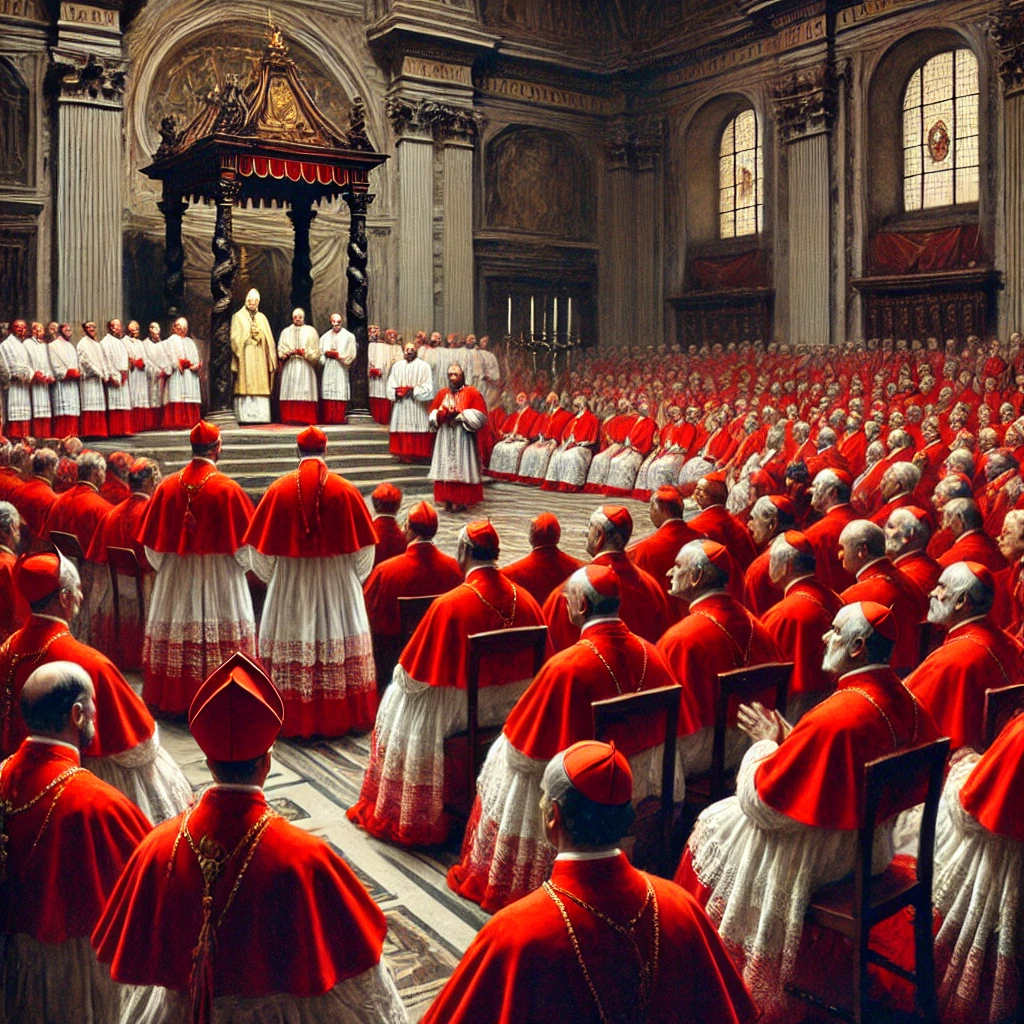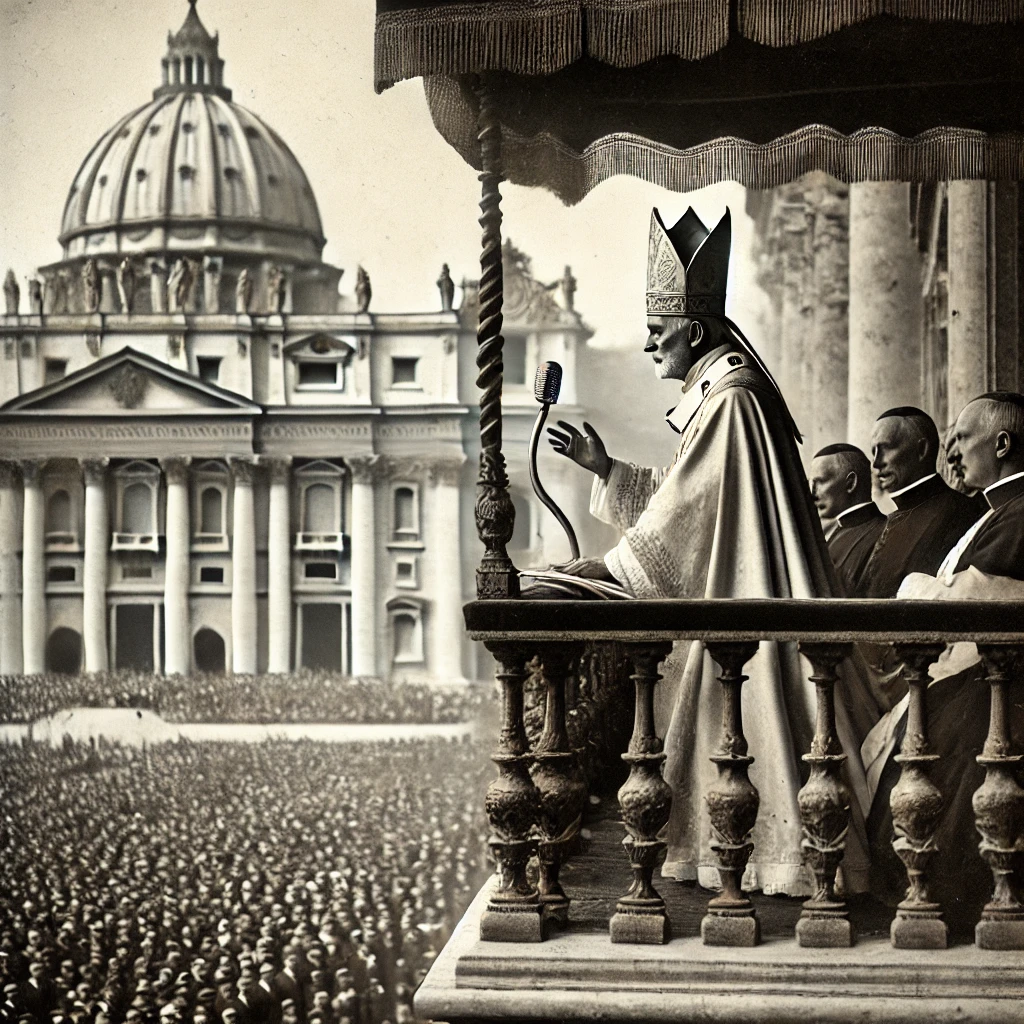On September 3, 1914, Pope Benedict XV was named to the papacy, succeeding Pope Pius X. His election came at a time of great turmoil in the world, as World War I had just begun, and his papacy would be defined by efforts to promote peace and humanitarianism during one of history’s most devastating conflicts. Pope Benedict XV’s leadership would prove to be pivotal during this tumultuous period.

Election and Immediate Challenges
Pope Benedict XV, born Giacomo della Chiesa, was elected as the 227th Pope of the Roman Catholic Church following the death of Pope Pius X. His election was influenced by the need for a new leader who could navigate the Church through the complexities of World War I. Benedict XV’s background as a diplomat and theologian was seen as crucial for addressing the challenges faced by the Church during this era.
Upon his election, Pope Benedict XV faced the immediate challenge of guiding the Church through a world at war. His papacy was marked by efforts to mediate peace between warring nations and address the suffering caused by the conflict. Benedict XV’s focus was on humanitarian aid and promoting a message of reconciliation and peace.

Efforts for Peace and Humanitarianism
Pope Benedict XV is best remembered for his efforts to promote peace during World War I. He made several appeals to the warring powers to seek an end to the conflict and pursued diplomatic channels to mediate between the nations involved. Despite his efforts, a lasting peace was not achieved during his papacy, but his advocacy for peace and his humanitarian work earned him respect and recognition.
In addition to his peace efforts, Pope Benedict XV worked to address the humanitarian needs of those affected by the war. He supported relief efforts and established a network of aid for refugees and the wounded. His commitment to alleviating human suffering was a central aspect of his papacy, and he became known for his compassion and dedication to helping those in need.

Pope Benedict XV’s papacy had a lasting impact on the Catholic Church and its role in international affairs. His efforts to promote peace and provide humanitarian aid during World War I demonstrated the Church’s commitment to addressing global issues and advocating for the common good. His legacy is remembered for the compassionate approach he took in addressing the suffering caused by the war.
The influence of Pope Benedict XV extended beyond his papacy, as his efforts laid the groundwork for future papal diplomacy and humanitarian work. His focus on peace and reconciliation set a precedent for subsequent Popes and highlighted the importance of the Church’s role in addressing global conflicts and promoting justice.
The legacy of Pope Benedict XV remains an important chapter in the history of the Catholic Church. His leadership during a time of great crisis demonstrated the Church’s enduring commitment to peace and humanitarianism. His papacy serves as a reminder of the power of compassion and diplomacy in addressing the challenges of the world.
